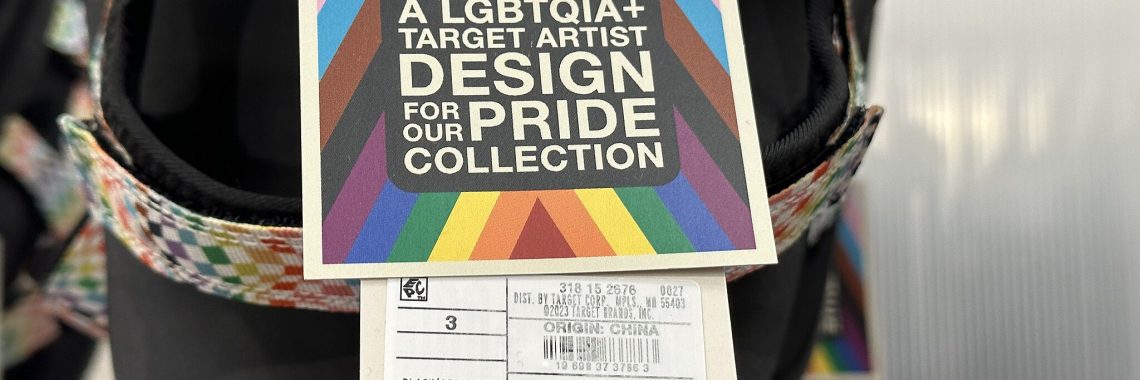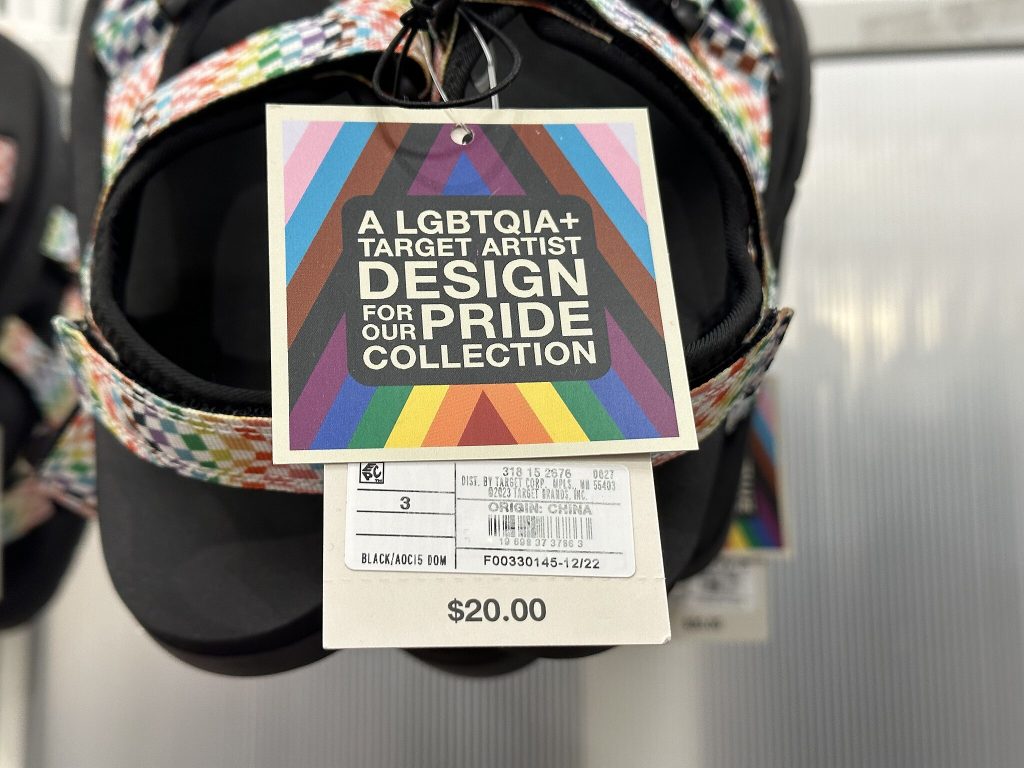Arkansas A.G. Continues Defending SAFE Act in Court

On Friday the Arkansas Attorney General’s office filed a letter further defending the SAFE Act before the federal Eighth Circuit Court of Appeals.
Among other things, the letter addresses equal protection arguments over the SAFE Act. It maintains that the law treats individuals equally and does not discriminate based on sex or gender identity.
In 2021, lawmakers in Arkansas overwhelmingly passed the Save Adolescents From Experimentation (SAFE) Act.
The SAFE Act is a good law that prevents doctors in Arkansas from performing sex-change surgeries on children or giving them puberty blockers and cross-sex hormones.
Unfortunately, the SAFE Act has been tied up in court for more than two years. However, federal appeals courts have let similar laws go into effect in Tennessee, Kentucky, and Alabama.
Sex-change surgeries and procedures can leave children sterilized and scarred for life.
Researchers do not know all the long-term effects these procedures can have on children, but a growing body of scientific evidence shows children should not be subjected to sex-change procedures, puberty blockers, and cross-sex hormones.
Not long after Arkansas passed the SAFE Act, a major hospital in Sweden announced that it would no longer give puberty blockers and cross-sex hormones to kids.
Since then, the U.K. has done the same, and the U.S. Food and Drug Administration has added a warning label to puberty blockers after discovering they caused some biological girls to experience swelling in the brain.
Over the past three years, reports from Europe and elsewhere have shown time and again that Arkansas was right to pass the SAFE Act.
Today about half the states in the U.S. have passed laws protecting children from sex-change surgeries.
We believe our courts ultimately will recognize that the SAFE Act is a good law and uphold it as constitutional.
Articles appearing on this website are written with the aid of Family Council’s researchers and writers.





